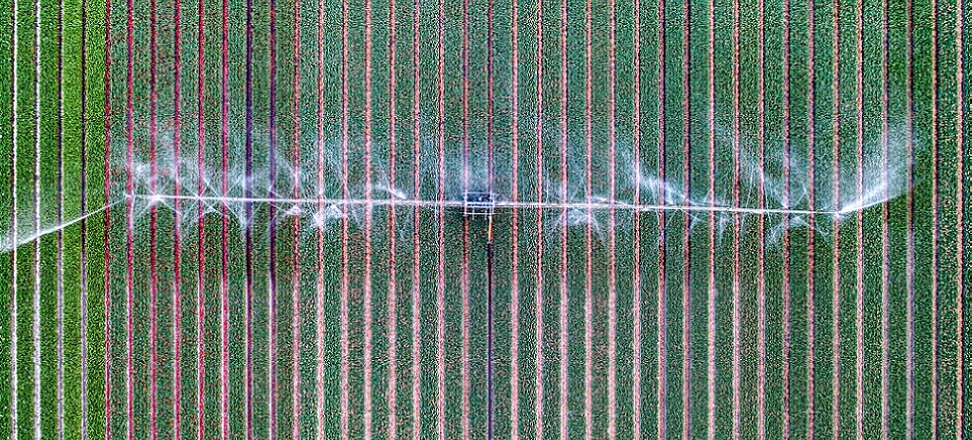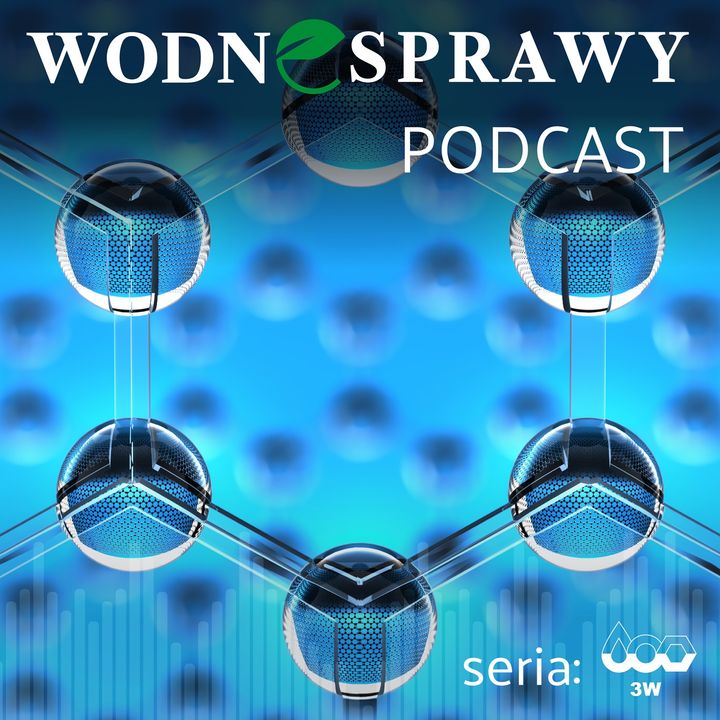Agriculture is highly dependent on water and, unfortunately, increasingly exposed to the dangers of water shortages. Agricultural production is also the largest water-using sector. It accounts for about 70% of its global intake. It can be said to be both a “victim” and a cause of the deficit. Improving agricultural water management is therefore crucial for a sustainable and productive agri-food sector.
In many areas around the world, the method of using treated domestic wastewater for above-ground irrigation is already widely used. This phenomenon is taking place, for example, in the Middle East, South and North Africa and the Mediterranean countries. This method has many benefits, but it also has drawbacks. One of them is rapid pairing. Another is micropollution – treated wastewater contains pharmaceuticals, antibiotic-resistant bacteria and a wide range of different chemicals. Both field workers and the crops themselves also come into direct contact with contaminated water, posing serious health risks.
Reuse of domestic wastewater – subsurface irrigation
The results of the study, published in the scientific journals Science of the Total Environment and Review of Environmental Contamination and Toxicology, show that the reuse of treated domestic wastewater through groundwater-fed irrigation can meet some of the water needs of agriculture, with the wastewater being naturally treated by the ground.
The lead author of the study is Dominique Narain-Ford, PhD, of the UvA Institute for Biodiversity and Ecosystem Dynamics:
“This discharge is particularly problematic during low flows in the summer, causing small-sized surface waters to consist mainly of treated wastewater. Water from these streams is in many cases directly applied to crops through sprinkler irrigation, resulting in unintended exposure to human pathogens and other micropollutants.”
With subsurface irrigation, soil channels eliminate this direct contact. Groundwater-fed irrigation also makes optimal use of soil processes that filter, buffer, break down and minimize chemical distribution.
Use of domestic wastewater – a study in the Netherlands
The Netherlands turned out to be ideal for the research conducted. It is a very densely populated country with 1.9 million hectares of farmland and well-distributed sewage treatment plants. Total water demand for above-ground sprinkler irrigation averages 144 millioncubic meters. In the dry season, it can be as high as 256 millioncubic meters. Treatment plants, on the other hand, discharge about 1.9 billioncubic meters of wastewater annually. As you can see, this is much more than the water requirements for above-ground irrigation systems.
Sprinkler irrigation requires far fewer resources than the subsurface method, as there is no need to raise the groundwater level to the desired level. The problem instead is the higher losses that result from evaporation. It is worth noting here that in the long term, during subsurface irrigation, the demand will decrease due to increased groundwater levels.
Narain-Ford: “Subsurface irrigation can kill two birds with one stone. Our insights will contribute to the safe use of wastewater in the concept of water reuse in a closed loop economy.”.

 Polski
Polski






